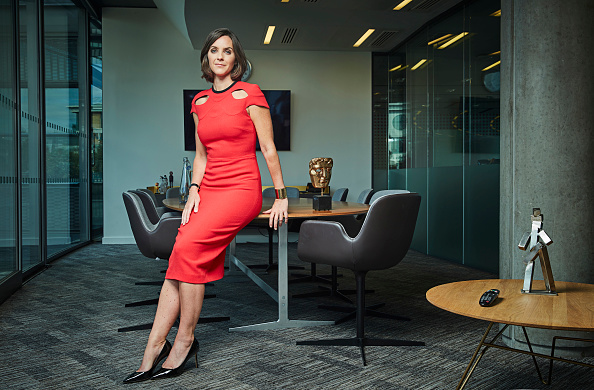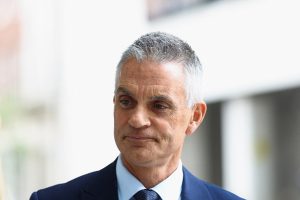
THE BROADCAST industry has got a long way to go for more equitable representation, says Alex Mahon, Channel 4’s CEO.
She was conversing with Sophie Morgan, Broadcaster and Disability Advocate in a session of CEO Insight at Channel 4’s Inclusion Festival that took place on Wednesday (30).
Mahon said: “We can have everyone in the organisation represented, great, we can measure that, but are we listening to their views? Are we hearing their opinions? Do they even feel they can voice them? They’re standard measures, and maybe the most telling one is, if your friends and family described you, and your colleagues described you, is the picture the same? Is who you really are, who you can be in the office, and if it’s not, it tends to mean you can’t do your best work.”
She added: “You can’t fulfil your potential. If you’re not able to be yourself at work – and we see big discrepancies between white, heterogeneous males and other people, if what you can’t be is yourself, what does that mean the organisation is missing out on? Now that’s not easy to do, and it’s not easy to measure, but it’s probably the right thing about where we need to be next.”
On asking about Channel 4’s progress from last year’s Inclusion Festival, Mahon explained: “We’ve introduced a Disability Code of Portrayal. It includes a whole set of things. At the one end, we’re talking about always having senior editorial disabled input into storylines where relevant, now whether that’s with us or with consultants, to make sure that the perspective and the editorial thinking is done by someone who has expertise and experience.
“Then we’ve classed the portrayal in shows into three categories. Incidental, integrated, and core, ranging from where someone has a disability, but it’s never referred to, it’s never mentioned – it just has occurred in that character – to where it’s sometimes mentioned but it’s not really the focus of the story, to where it really is a key part of what the representation is in role. I think that’s quite important as we move away from the one disabled character.”
Speaking on on-screen and off-screen diversity she said: “Off-screen representation is much harder (than on-screen) because we can’t see it easily. It’s what changes our industry over time. It’s what changes how people make decisions on set. And it changes the creative and editorial conversation.
“For on-screen, you can push producers to cast, you can measure it easily, we’ve got schemes in place that do the measurement, so I think we’ve been going down that road in the UK for some years.”
BBC Director-General Tim Davie spoke at the Inclusion Festival also. He stressed the importance of organisational change saying: “Diversity is an absolute priority for the BBC. We have plans in place to reshape our organisation to ensure we truly reflect the public we serve – both on and off-screen.

“The BBC is playing a leading role – stepping up our commitment to rapidly increase diverse representation at senior levels as well as our £112m Creative Diversity Commitment – the biggest financial investment to on-air inclusion in the industry. We are working hard to deliver change.”
The very next day, the broadcast giant announced a new set of commitments on Thursday (1) to enhance disabled people’s representation on screen and to enhance disabled people’s access to BBC productions.
These commitments include aiming to include representation in all scripted programming and to have at least one contributor in all unscripted works.
Ahead of the United Nations International Day of Disability Persons (3), the BBC iPlayer has also presented a special collection called Count Us In, that highlights disabled programming and talent.